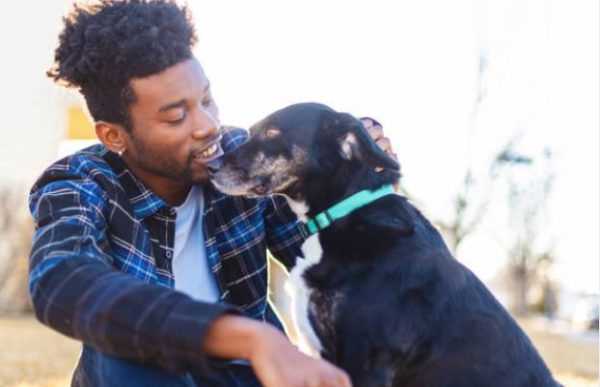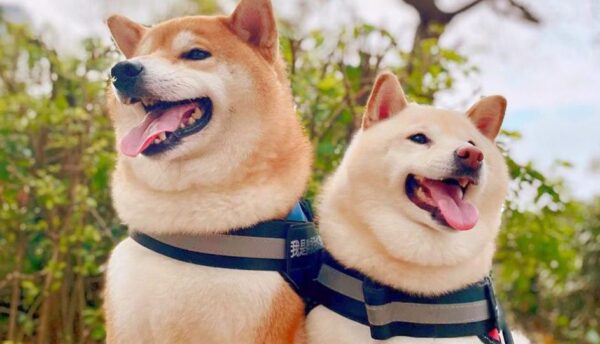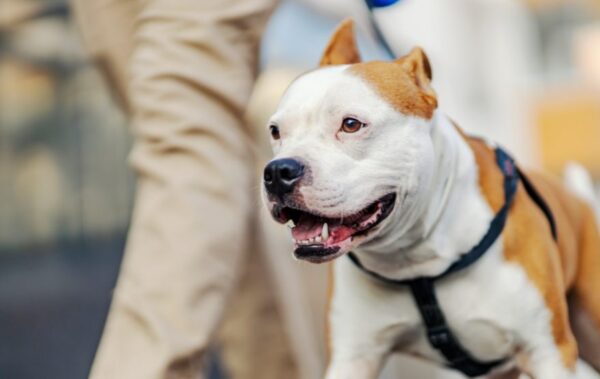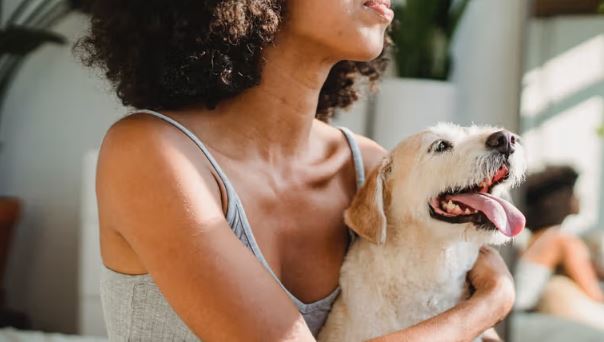Lifestyle
9 things humans do that dogs dislike

Dogs have their own preferences and sensitivities, and while they may tolerate many human behaviors, there are several things that humans commonly do that dogs might dislike or find uncomfortable.
It’s important to remember that each dog is an individual, and their reactions may vary.
Here are nine things humans do that dogs might dislike:
1. Hugging: While humans often use hugs as a sign of affection, dogs might interpret a hug as a restraint or a threatening gesture. Many dogs feel uncomfortable being hugged and may show signs of stress or anxiety.
2. Direct eye contact: Direct and prolonged eye contact can be intimidating to dogs and may be perceived as a challenge or a threat. In dog communication, staring is often seen as confrontational.
3. Loud noises: Dogs have sensitive hearing, and sudden loud noises, such as yelling, shouting, or loud music, can be distressing for them. Fireworks, thunderstorms, and even household appliances like vacuum cleaners might also cause anxiety.
4. Petting over the head: Many dogs prefer to be petted on their sides, chest, or back rather than on the top of their heads. Reaching over their head can be perceived as a threat or discomfort, especially if the dog is unfamiliar with the person.
5. Lack of routine: Dogs thrive on routine and predictability. Sudden changes in their daily schedule, feeding times, or living environment can cause stress and anxiety in dogs.
6. Forced interactions: Forcing a dog into interactions with other dogs or people when they’re uncomfortable can lead to stress and negative associations. It’s important to respect a dog’s boundaries and let them approach new situations at their own pace.
7. Ignoring body language: Dogs communicate through body language, and ignoring their signals can lead to discomfort and even aggression. Signs of stress in dogs include lip licking, yawning, turning away, and tense body posture.
8. Overwhelming attention: While many dogs enjoy human attention, being constantly touched, hugged, or played with can become overwhelming. Dogs, like humans, need their personal space.
9. Harsh discipline or punishment: Dogs respond best to positive reinforcement training methods. Harsh discipline, physical punishment, or yelling can lead to fear, anxiety, and even aggressive behavior in dogs.
Remember that each dog has its own personality and preferences, so it’s important to pay attention to your individual dog’s reactions and body language. Building a strong bond with your dog involves understanding and respecting their needs and comfort zones.










